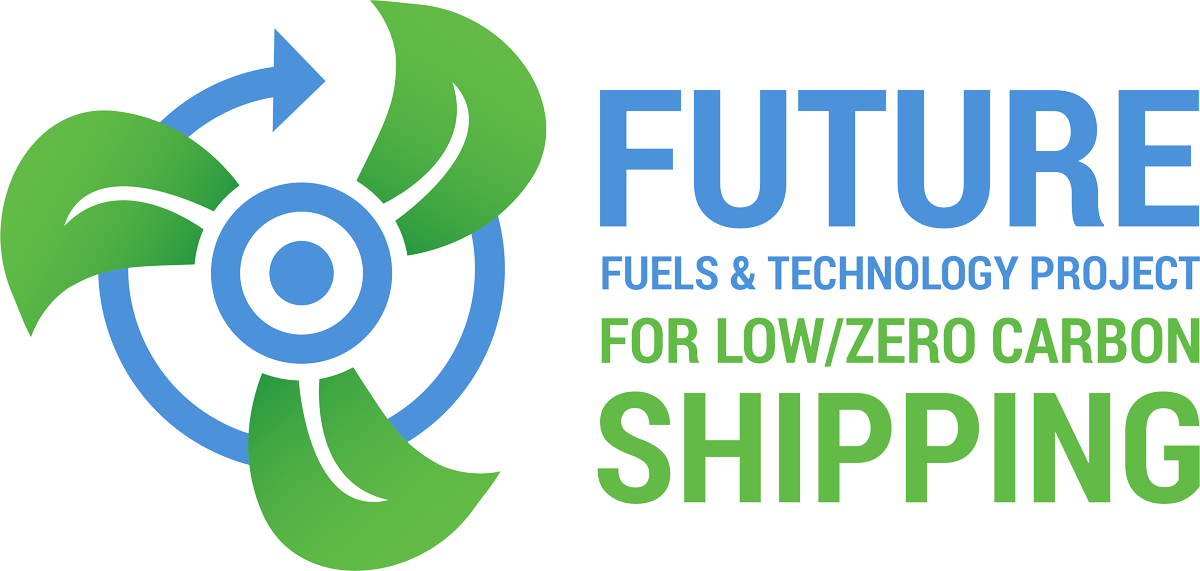Green hydrogen – produced by the electrolysis of water using renewable energies – is seen by the European Union (EU) as a cornerstone of the energy transition.
Keyword: GHG Emissions
Alternatives to polluting container ships are already on the horizon
The sea freight sector is currently considering its future energy transformation. To achieve this, the elimination of heavy fuel oil is essential, although its replacement inevitably poses major technical and logistical challenges.
ClassNK releases report “ClassNK Alternative Fuels Insight”
Tokyo – ClassNK has released the report “ClassNK Alternative Fuels Insight,” which summarizes the characteristics and latest trends of alternative fuels to support our customers’ future fuel selection.
Groundbreaking climate opinion from international court – States must go further to address GHG emissions
States must take “all necessary measures” to prevent, reduce and control greenhouse gas (GHG) emissions from any source – simply participating in global efforts is not necessarily enough.
The London Convention and Protocol: Adapting to Address the Ocean-Climate Crisis
The international community is confronted with urgent questions relating to the protection of the marine environment and climate change mitigation.
90 per cent fewer emissions – work on the Baltic Sea’s first green corridor culminates in an historic week
Viking Line’s vessels serving the Turku route will reduce their emissions by 90 per cent when the company runs those vessels for the first time for a whole week solely on biogas.
Green fuels and the progress of decarbonization
In an interview with Maritime Fairtrade, Edwin Khew, chairman of the Sustainable Energy Association of Singapore (SEAS), deconstructs the profile of different alternative fuels and how decarbonization progress can be pushed ahead.
Methane slip being eliminated as LNG uptake accelerates
Significant progress is being made to eradicate methane slip as uptake of the LNG pathway accelerates, and this is worth underlining. With continued collaborative efforts across the value chain, methane slip will be eliminated for all engine technologies within the decade.
Hybrid propulsion systems: a short-term solution to greener shipping?
Russell Edson, partner and patent attorney and Tim Wilson, trainee patent attorney at Withers & Rogers, explain how hybrid propulsioncan contribute to greener shipping.
MOL and Chevron Shipping Company to Install Wind Challenger on LNG Carrier Wind-Assisted Ship Propulsion Systems is an LNG Shipping First
As part of their ongoing commitment to lower the carbon intensity of their operations, Mitsui O.S.K. Lines, Ltd. (MOL) and Chevron Shipping Company LLC (Chevron), a subsidiary of Chevron U.S.A. Inc., announced an agreement to install Wind Challenger, a hard sail wind-assisted ship propulsion system developed by MOL and Oshima Shipbuilding together (Note 1), to a new build LNG carrier under long term charter from MOL Encean Pte. Ltd. (MOL’s 100% indirectly owned subsidiary) to Chevron Asia Pacific Shipping Pte. Ltd.

